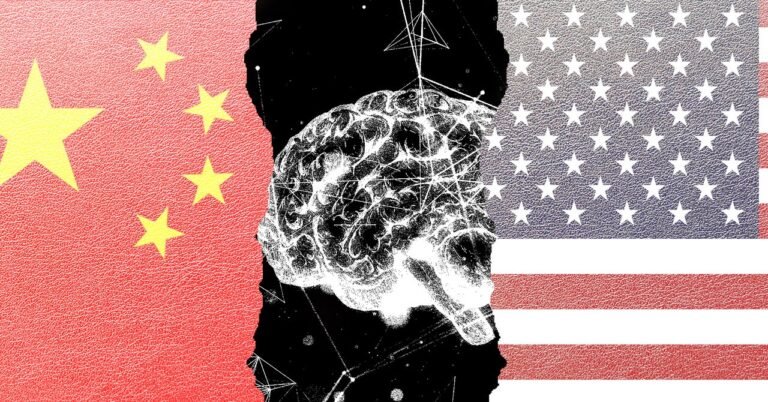The most certain short-term impact is that American investors who are still interested in Chinese AI startups much more due diligence will be required. The Treasury Department is not setting up a new government committee like CFIUS that will review every transaction submitted by investors, but rather asking them to do their own homework and declare whether they think a Chinese AI company would be covered.
Under the new rules, even if a Chinese startup’s AI model is smaller than 1025-flop size threshold, a US investor could still have the responsibility to inform the Treasury Department of their trade and the homework they have performed, provided their model is at least 10.23 flops (basically encompassing all large-scale models developed today and in the future). In effect, this means that the US government is creating its own system to monitor the overall flow of money from US investors to Chinese companies working in AI.
“In order to confirm that a transaction is out of reach, U.S. investors will need to conduct significant due diligence,” says Robert A. Friedman, an international trade attorney at the law firm Holland & Knight. Although these rules have been welcomed by domestic AI companies and their backers, they will become an obstacle for venture capitalists with international portfolios, he says.
An uncertain future
Restrictions on outbound investments are set to take effect on January 2, and in the meantime the Treasury Department reported that some small changes are still being made to further clarify the rules. Civil servants also said they are working to coordinate with U.S. allies, such as the G7 countries, to introduce similar measures that would prevent Chinese AI companies from turning to venture capital firms in Europe, Canada or in Japan for types of investments prohibited in the United States.
The biggest uncertainty right now, as in most areas of the U.S. federal government, is how a second Trump presidency might change things. Danzman notes that many members of the venture capital community who have supported Trump are opposed to the types of regulations introduced by the Treasury Department, and thus could potentially try to pressure the president to roll them back. Several major US companies, such as Tesla and Blackstone, both run by openly pro-Trump billionaires, have significant investments in China and could see their operations affected by tighter constraints.
Other WIRED experts have weighed in and expect the new Republican administration, which is expected to include a number of China hawks like Rubio, to expand the scope of the rules. “It is possible that we will see a new decree. Or, given unified Republican government, perhaps expansion would come through legislative action,” says Kilcrease. That could mean more measures targeting other types of Chinese startups, in sectors ranging from biotechnology to batteries.
The Biden administration’s technology policy toward China has been defined, at least in principle, by the idea of ”small yard, high fence,” or in other words, by the designation of relatively narrow areas where the US government can impose very strict restrictions. The latest version of the outbound investment rules is an example of what this idea looks like in action. But under Trump, Chinese companies could eventually realize the real size of the project.
